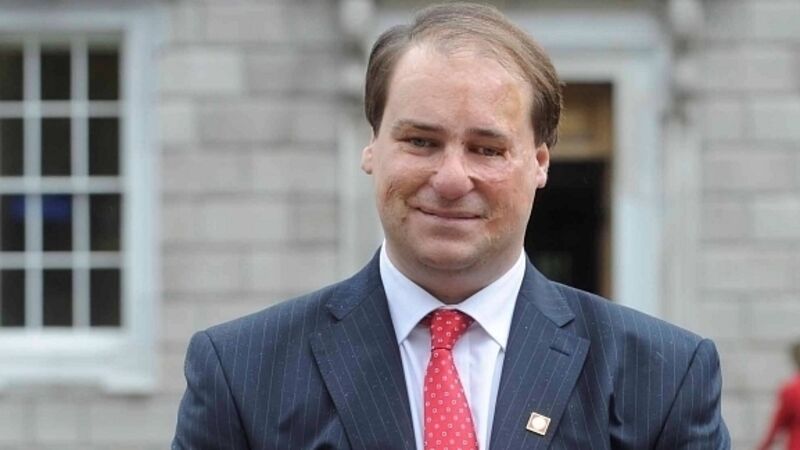Floundering Government has taken its eye off the political ball

Isn’t it amazing how the bread and circus that politics can dish up is usually enough to distract us from such petty concerns as paying the electricity bill or meeting the mortgage payments.
First of all, Patrick Nulty. I’ve met him a few times in the past, and he always seemed like a decent enough chap. I never understood how he could run in a by-election, in the full knowledge of the kind of difficult decisions that current politics demanded, and then resign from his party at the first opportunity. That never struck me as particularly mature, or even principled — why would somebody with such deep convictions run in the first place for a party he couldn’t agree with?















